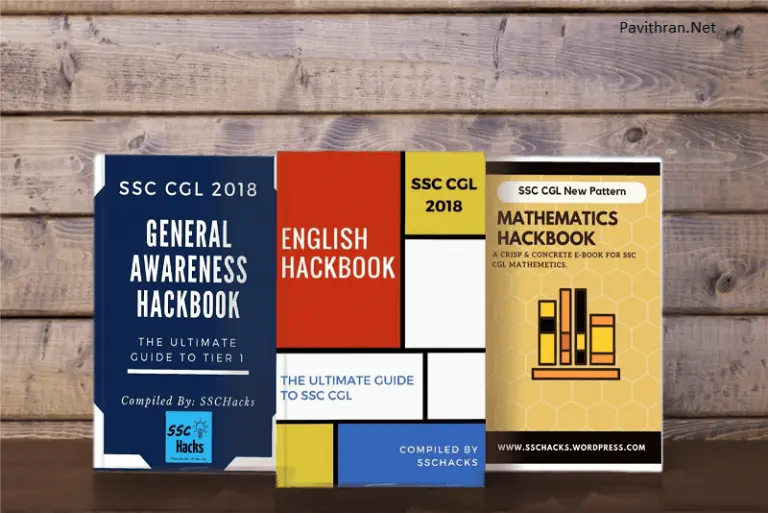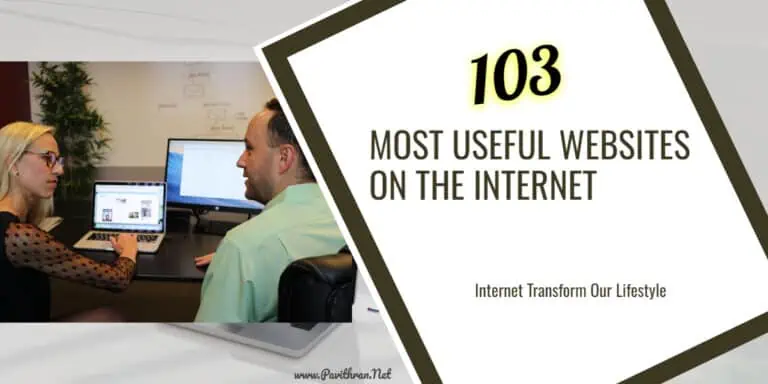The Role of Virtual Reality in Enhancing College Learning Experiences

First created in 1968, Virtual reality (VR) technology has been gaining popularity in recent years, and its potential to enhance college learning experiences cannot be overstated. As more and more schools have chosen to adopt this technology in their classrooms, it has become essential to analyze the role VR has played in improving students’ learning experiences. So, in this article, we do just that, and by reading further, you’ll learn seven ways virtual reality plays a vital role in the education sector.
7 Ways Virtual Reality Plays A Role in Enhancing College Learning Experiences
Here are seven ways in which VR can be used to improve the educational experience for college students:
- Campus Tours
- Language Learning
- Educational Simulations
- Historical Experiences
- Health Care Training
- Internships
- Distance Learning
1. Campus Tours
There are many colleges to choose from, and as Autumn approaches, students are already making up their minds about where they want to study. One of the many factors that are considered when choosing a school is the quality of the campus. Through virtual reality headsets, students can now experience what it’s like to go to a particular school, all from the comfort of their homes. This is especially great for students who are physically challenged or live far away from their desired college. Thanks to virtual reality, they get to take tours and enjoy what it would be like to be physically present at the university campus without having to travel there.
2. Language Learning
Learning a language can be difficult. For instance, if you are learning Mandarin or Arabic, you can expect to spend anywhere between 4 and 7 years developing fluency. However, this time estimate can drop significantly when you have a native speaker to support you. Virtual reality helps to create immersive environments that can trick your brain into thinking you are actually somewhere different from your current location. By creating an immersive learning environment, students can practice their language skills with native speakers, which can lead to great outcomes. Of course, all this requires enough time for planning, but if schoolwork is getting in the way, you can use trustmypaper.com – a reliable online writing service that will make your life easier. This website offers free samples to help inspire you and give you an idea of the high-quality writing they deliver. They also offer a wide range of academic writing, such as dissertations, admission services, as well as discounts to loyal customers.
3. Educational Simulations
Sometimes even the best teachers will struggle to explain certain topics in class. Not because they don’t understand it but simply due to the abstract nature of the discussion. In such scenarios, students tend to suffer the most as they usually end up feeling distracted and unmotivated, with the final result being bad grades. However, through virtual reality, students are able to simulate laboratory experiments, allowing them to practice and learn. This is also a cost-effective way for schools to improve teaching standards. Teachers don’t have to worry about students’ safety, and schools don’t need to buy expensive pieces of equipment for practicals.
4. Historical Experiences
Most students will probably find history class boring, but that’s because they can’t imagine what it was like to live during those times. Just as memory can be precious to you once you relive it, so has virtual reality brought historical experiences for modern audiences to enjoy. VR simulations can transport students to different places and times, allowing them to experience historical and cultural events firsthand. This can make learning more engaging and memorable. Students can interact with art and designs from the past and possibly draw inspiration from them.
5. Health Care Training
Another area that has benefited a lot from virtual reality is the health sector. Doctors are trained to perform their best under any circumstance, but there are some experiences that can be shocking for first-timers. So, some schools, like the University of Oxford, use VR simulation. Students and doctors are able to leverage this technology to train in a safe and controlled environment. They can practice complex procedures as much as they like and improve their skills without putting any patient at risk. The result is a medical professional who is confident in their abilities and ready to help.
6. Internships
As a student, the goal for most is to get a job at the end of their schooling. However, the job market is more competitive than ever before. A college degree doesn’t automatically translate to getting a paying job, so you must distinguish yourself from other applicants. This can be done by developing skills, but the best way is through internships; virtual reality makes it easier. VR technology can be used to create virtual internships where students can gain real-world experience in a specific field or industry, no matter the place in the world.
7. Distance Learning
The pandemic forced many schools to adjust to distance learning. While remote learning by itself isn’t new, thanks to virtual reality, the experience is now better than ever. VR technology can be used to create immersive distance learning experiences, allowing students to attend classes and interact with their peers in a virtual environment. Teachers are able to leverage 5G communication speeds and other tools you can see here to create virtual classrooms that meet all the needs of students. This helps to reduce the impact of missed classes and make the classroom more inclusive to everyone.

In Conclusion
VR technology has the potential to revolutionize college learning experiences. By creating immersive and engaging educational environments that foster distance learning and more inclusive classrooms, students are able to achieve their academic goals much more easily. As the technology continues to evolve, we can expect to see even more innovative uses for VR in education.
Author’s Bio
Sandra Dodrill is a Virtual Reality app developer and freelance writer. She has a deep passion for everything tech related and does her best to stay updated on the latest trends. When she isn’t writing code or articles behind her laptop, Sandra prefers to go to the gym or party with friends.
Useful Books for Competitive Exams
Best Books for Competitive Exams [PDF]
Disclaimer: Pavithran.Net doesn’t aim to promote or condone piracy in any way. We do not own any of these books. We neither create nor scan this Book. The Images, Books & other Contents are copyrighted to their respective owners. We are providing PDFs of Books that are already available on the Internet, Websites, and Social Media like Facebook, Telegram, Whatsapp, etc. We highly encourage visitors to Buy the Original content from their Official Sites. If any way it violates the law or if anybody has Copyright issues/ having discrepancies over this post, Please Take our Contact Us page to get in touch with us. We will reply as soon as we receive your Mails.
We Need Your Support. Please Share the Link if it is helpful to your Cherished circle




![UPSC EPFO Practice Workbook 2012-2017 - Kiran Prakashan [English Medium - 2020 Edition]](https://www.pavithran.net/wp-content/uploads/2024/09/UPSC-EPFO-Practice-Workbook-2012-2017-Kiran-Prakashan-English-Medium-2020-Edition-768x1050.webp)

![Complete Guide for RRB Group D Level 1 Exam [4th Edition -2024] - Disha Experts](https://www.pavithran.net/wp-content/uploads/2025/03/Complete-Guide-for-RRB-Group-D-Level-1-Exam-4th-Edition-2024-Disha-Experts-785x1024.webp)